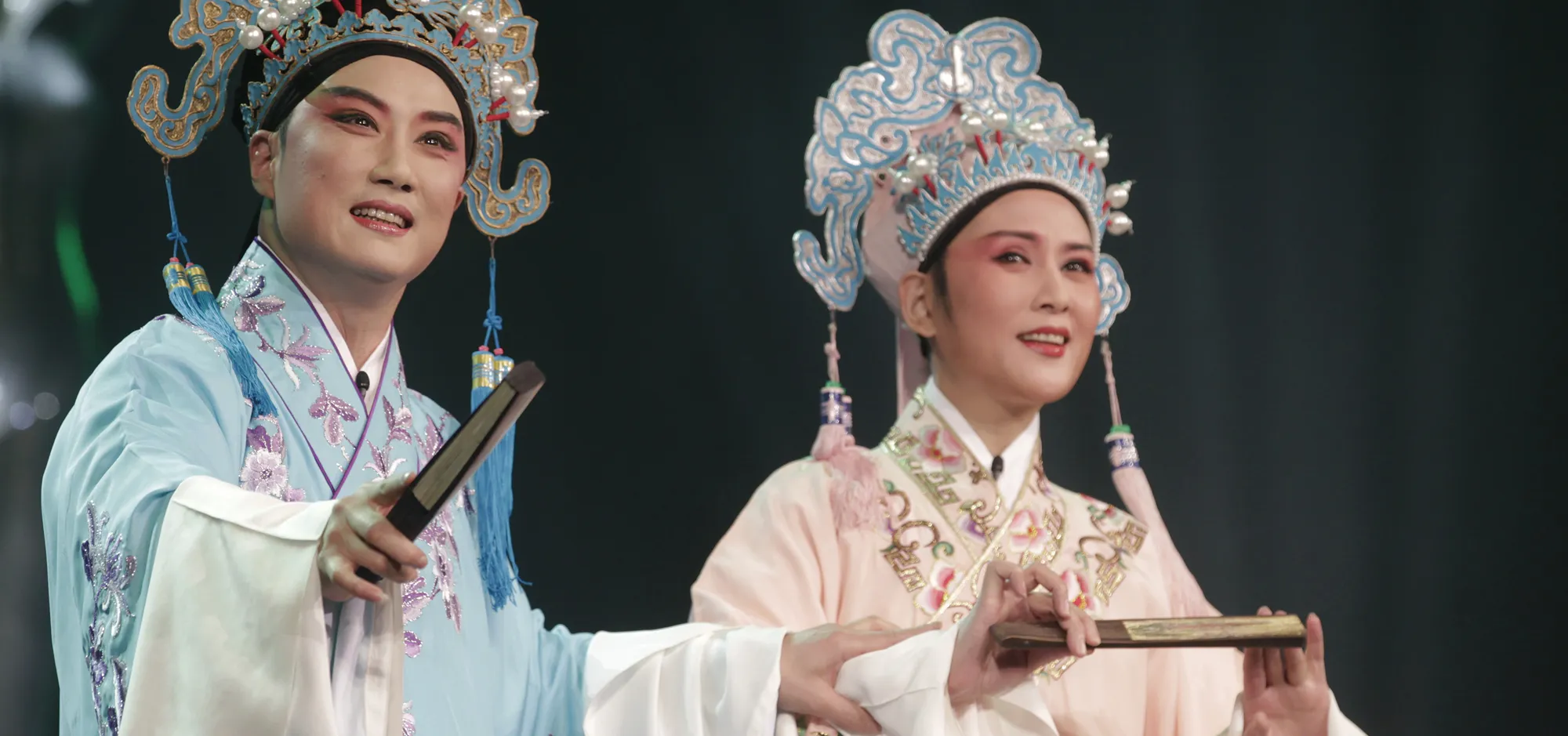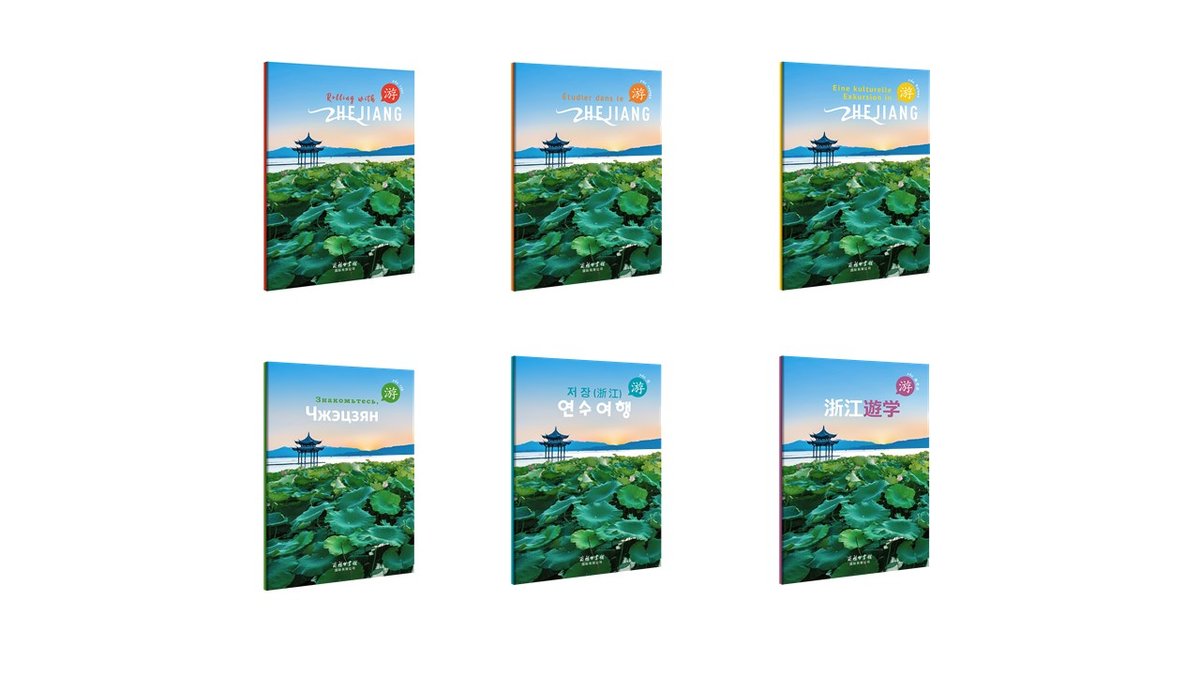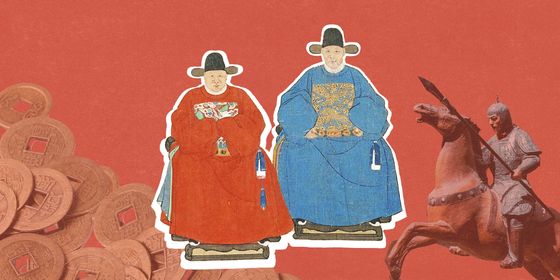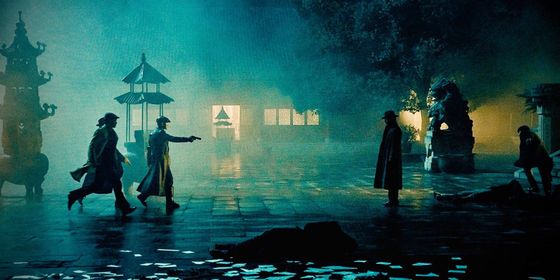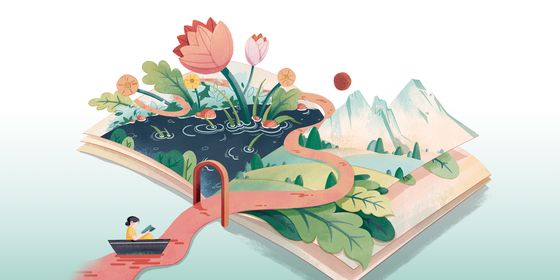Zhejiang's Yue opera has entertained high society and the masses since the late Qing dynasty
In the late Qing dynasty (1616 – 1911), farmers in Zhejiang’s Sheng county created a new type of performance that combined talking and singing in the local dialect. It was nicknamed xiaogeban (小歌班), or “small opera.” Farmers acted out and sang the extraordinary events of the day, and legends of long ago.
At the turn of the 20th century, xiaogeban had spread to Shanghai, but its actors were initially sneered at by elitist local crowds for their rural origins. This sparked the birth of Yue opera (越剧), a formalized version of xiaogeban that absorbed influences from other operatic traditions and used elaborate sets, costumes, and musical arrangements.
Around this time, the art form added another crucial element: women. Influenced by the feminists in Shanghai, the romantic stories and soft melodies performed by women attracted bigger crowds. Thus, Yue opera became a female-dominated medium. Today, male roles in Yue opera are often taken by female performers.
Making friends with Yue opera actresses and buying beautiful costumes for them became a fashion among the high-class women of Shanghai. Artists from around the country would come to craft scripts for this medium, the most well-known of which are The Butterfly Lovers (《梁祝》), The Story of the Western Wing (《西厢记》), and Peach Blossom Fan (《桃花扇》).
The Butterfly Lovers
It’s a legend of love and learning: The Butterfly Lovers, or Liang Zhu, is one of the most well-known Chinese folk legends. Having been passed down for almost 1,700 years, the story has spawned countless films, plays, operas, and even a concerto. The Yue opera based on this tale, composed in the 1930s, sets the story in Zhejiang. It is one of the best-known versions of the story, as it was made into a hit movie in 1953.
The story begins with Zhu Yingtai (祝英台), the daughter of a wealthy family, gaining entry to a famous academy—since the Ming dynasty (1368 - 1644), this has been identified as the Wansong Academy (万松书院) in southeastern Hangzhou.
To enter this exclusive domain of men, Zhu disguises herself as a boy, and meets another student, Liang Shanbo (梁山伯). The two become fast friends, and over the course of three years of study, Zhu secretly falls in love with Liang. However, Zhu is suddenly summoned home.
Months pass, and Liang pays a visit to Zhu’s home, where it is finally made clear that she is a woman; the two fall madly in love, pledging themselves to one another. But Zhu finds she is to be married off to a rich playboy: The news crushes Liang and his health begins to wane, eventually leading to his tragic death.
On Zhu’s wedding day, a strong wind stops her marriage procession as it passes the spot where Liang is buried. She steps out of the sedan to pay her respects. At that moment, the ground opens, and Zhu plunges herself into Liang’s grave. Two butterflies emerge and fly off in the wind, never again to be parted.
The Story of the Western Wing
Banned by the moral guardians of the Qing dynasty for its depiction of a secret marriage, this romantic comedy by Yuan dynasty (1206 – 1368) playwright Wang Shifu (王实甫) tells the story of lovers Zhang Sheng (张生) and Cui Yingying (崔莺莺) as they woo each other with poetry and try to escape the meddling of Yingying’s mother—oh, and a siege by bandits.
Peach Blossom Fan
Written by Qing dynasty playwright Kong Shangren (孔尚任), this tragic love story of young intellectual Hou Fangyu (侯方域) and courtesan Li Xiangjun (李香君) is set at the wane of the late Ming dynasty. They exchange a fan as a token of their love, but Hou is forced to flee the chaotic and corrupt imperial court, and a nefarious mandarin compels Li to marry another man.
Cover image from VCG
Excerpt taken from Rolling with Zhejiang, TWOC’s new booklet on tourism and language in Zhejiang province available in English, French, German, Russian, Korean, and Japanese. Get your digital copy today from our WeChat Store or iTunes Store!





